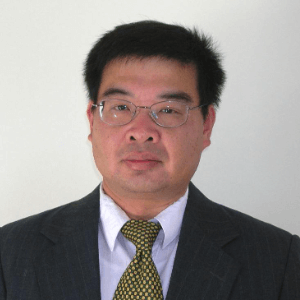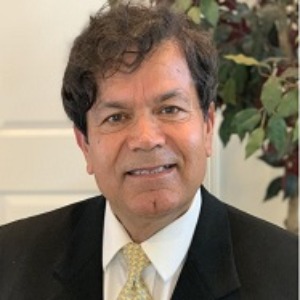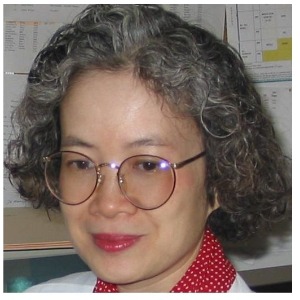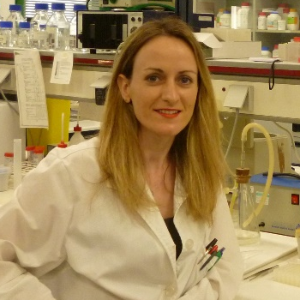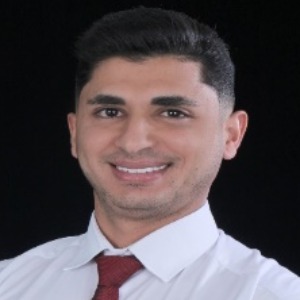An imaging test is a way to identify the affected parts of a human. The test sends various sources of energy into the body, including x-rays, sound waves, radioactive particles and magnetic fields. The body tissues change the energy patterns accordingly to make an image or picture shows inside position and functioning so that health care providers can identify the changes caused by diseases like cancer.
Computed Tomography (CT): The most common imaging method used to detect cancer cells and monitor its spread.
Magnetic Resonance Imaging: A procedure that uses powerful magnetic fields which don’t generate any ionising radiation. Where MRI is used for examining cancer or sarcoma in the head and neck region.
X-rays and other Radiographic Tests: X-rays and other radiographic tests help doctors look for cancer in different parts of the body including bones and organs like the stomach and kidneys which are typically fast, painless without any special preparation while other tests may require more preparation ahead of time and causes some discomfort and side effects.
Mammography: An X-ray image is used to examine breast tumours and also used in breast cancer screening.
Ultrasound is useful for examining the cervix, pancreas, liver and kidneys. Needle biopsies can also be taken in ultra sound techniques.
Molecular Imaging: Process of visualization, characterization and measurement of biological processes of cancer cells at the molecular and cellular levels in living systems
Biomedical imaging: Medical imaging is process of imaging for clinical analysis and medical intervention. Biomedical imaging utilizes either x-rays or ultra sound to capture the capture of images to assess the current condition of an organ or tissue for both diagnostic and therapeutic purposes.
Biomarkers are naturally occurring molecules, genes, produced either by the tumour cells or by other cells of the body used for particular pathological or physiological process in response to the tumour used as screening/early detection tool of cancer.
